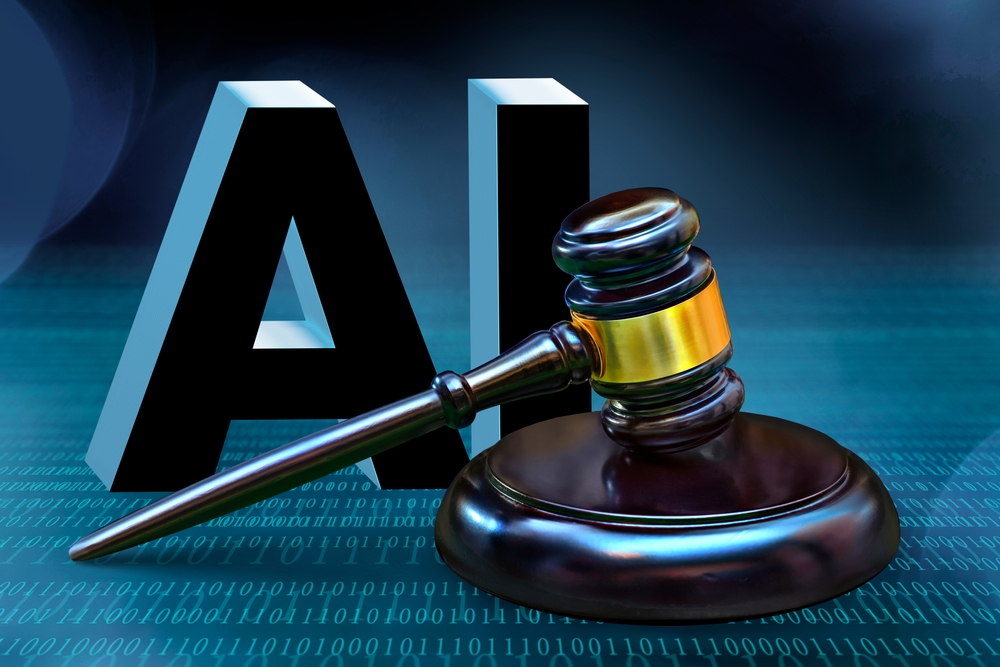Robin AI is addressing hallucinations as well as other troublesome problems to ensure technology’s efficacy in the courtroom.
The founders of Robin AI, a London-founded startup, believed the benefits brought by artificial intelligence (AI) to the legal industry were apparent. However, headlines centred on hallucinated case law drafted and given to the courts are unhelpful.
Robin AI was unveiled in 2019 by Richard Robinson, an attorney, and James Clough, a computer scientist. It is designed to simplify contract processes using AI. This includes drafting and evaluating legal reports and contracts.
Robin AI Assures Commitment to Lower Legal Services Cost
Richard claimed he and James were motivated by developers who trained artificial intelligence to play games, for instance, AlphaGo. He recognized that machines could be trained to comprehend contracts and the law. Additionally, he claimed they were inspired by the need to reduce legal services costs.
In an interview, Richard claimed he worked at two major law companies. In this first week at his law company, he was shocked after seeing the bill being sent to the client. In this case, he failed to believe how costly it was.
Additionally, he said his parents could not have afforded his services. As such, he intended to establish a business that attempted to utilize the technology to reduce the cost of legal services.
On Wednesday, the firm announced that to attain that objective, Robin AI has generated $26B in Series B funding. Temasek, a Singapore-founded investment firm, led the financing. As an unveiling partner of Anthropic, Claude AI’s developer, Claude 2.1, supports Robin AI’s technology.
Plural, QuantumLight, and AFG Partners are examples of other participants in the Series B funding raise. Richard noted that Robin AI had a considerable war chest from an earlier investment round. However, the level of demand, especially from the U.S., evoked the need for expansion. In turn, this called for additional investment.
Richard said the United States has often been its customer base. However, most workers are based in London. As such, managing that demand without considerable infrastructural investment was not easy. Further, Richard revealed that gaining more knowledge concerning the potential of artificial intelligence resulted in the need for additional skilled and costly talent.
Richard said Temasek came later, which was sensible for them. Since they are a major Asian fund and they intend to be an international business, a deal was struck.
Robin AI Boss Supports Tight Guardrails
When questioned why Robin AI opted to become involved with Anthropic and not OpenAI, Richard mentioned Anthropic’s view concerning responsible and safe artificial intelligence development and developing tools with firm response restrictions. This adheres to Robin AI’s security-based strategy.
According to Richard, Robin AI must have tight guardrails. Additionally, he said they liked the team, which resulted in collaborating with them on a profound level since the unveiling. He also said they have been excellent compatriots and colleagues.
Generative AI came into the mainstream in 2023 with ChatGPT’s public unveiling. Several industries, including the legal sector, have shifted to this technology. AI hallucination is an AI aspect that is still a problem for people utilizing this technology.
On Sunday, John Roberts, the U.S. Supreme Court’s chief justice, highlighted the potential and danger of artificial intelligence in the legal industry. He claimed the technology evokes privacy issues and ‘degrades the law.’
While admitting artificial intelligence’s liking for hallucination, Richard says that research and product design to capture these errors are ongoing. He challenged the view that artificial intelligence degrades legal services by claiming that the technology can enhance the accessibility and affordability of legal advice, eliminating present hindrances encountered by many.
Robin AI Chief Blames Human Error for Terrible Lawyering in Cohen’s Case
In the end-of-year report, Richard highlighted cases involving using AI by legal experts and quoted fictional cases due to hallucinations. In December 2023, a federal judge told Michael Cohen’s attorneys to submit printed evidence of all the legal cases submitted in court documents. This happened after the court revealed its inability to authenticate their existence. Michael Cohen is the ex-attorney of former president Donald Trump.
Despite being easy to criticize the technology, Richard blamed the attorneys, claiming they should always do further verification. He noted that this is terrible lawyering. When citing a case, one must confirm whether it is accurate. He also said the bar teaches people how to utilize the tools to promote justice.
Despite AI hallucinations and the constant assertion that artificial intelligence will replace the workforce, Robinson claimed he is optimistic about the technology’s future in the legal industry. However, he admits it might reduce the number of attorneys.
According to Richard, AI is transformational, meaning it will eradicate jobs. However, he believes that eventually, attorneys will be more efficient, meaning fewer will be required to execute the same amount of work. Besides, the same scenario will be witnessed in all industries.
